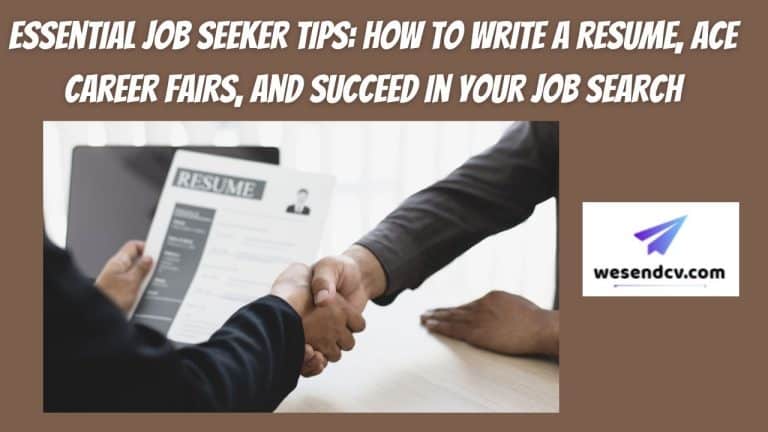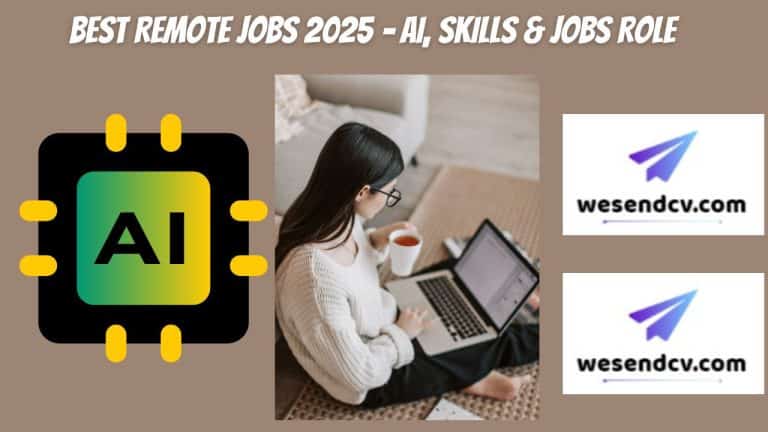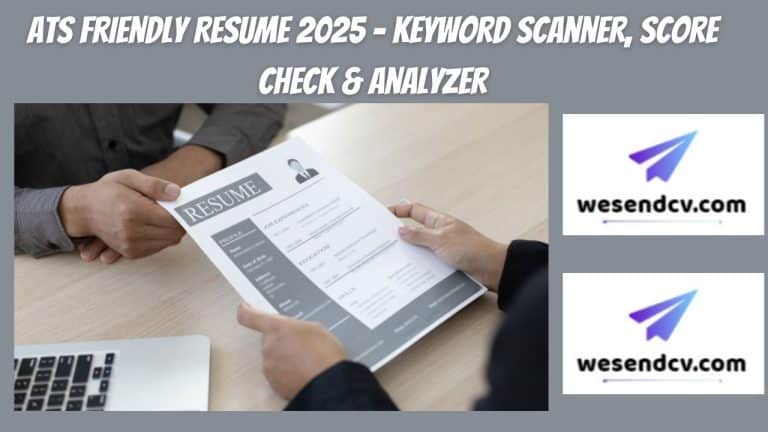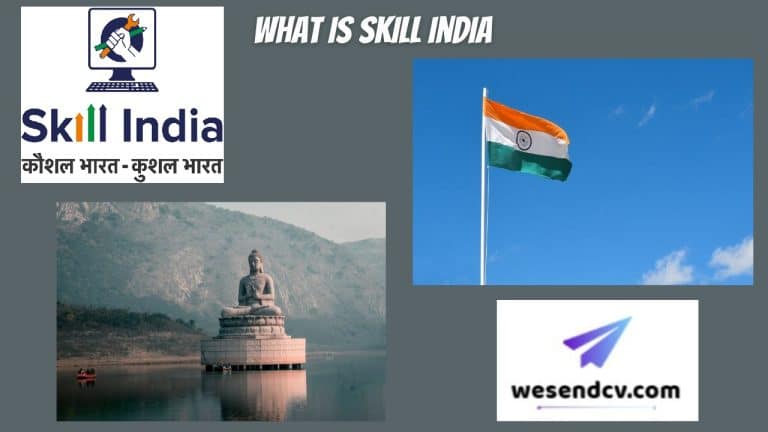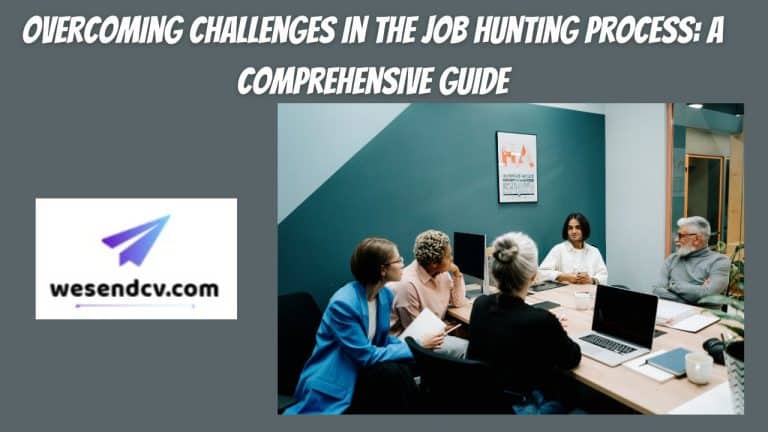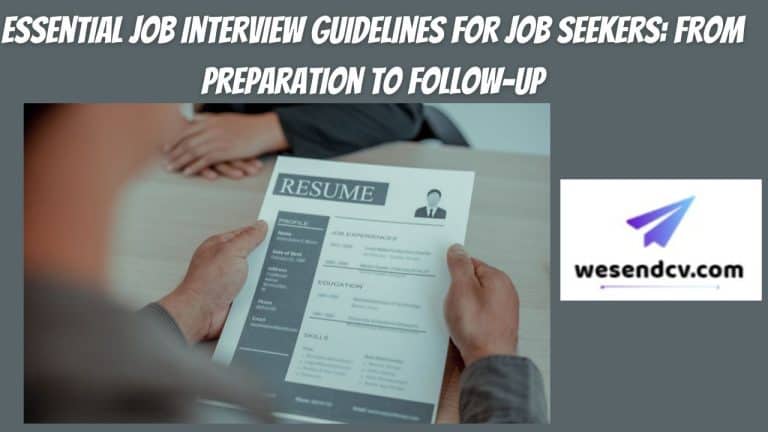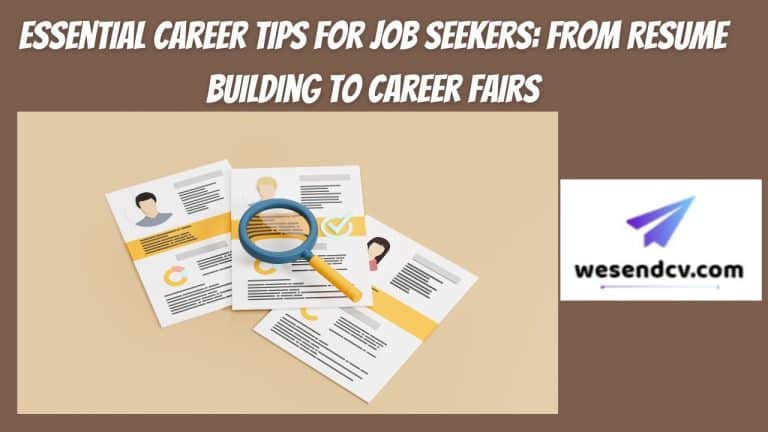Entering the job market can be a daunting experience, especially for first-time job seekers. Whether you are preparing your résumé, attending career fairs, or gearing up for interviews, understanding the nuances of the job search process is key to standing out from the crowd. This comprehensive guide covers crucial steps every job seeker should follow to maximize success, from crafting your résumé to building a strong LinkedIn profile and navigating job interviews.
Main Highlights of Content
Toggle1. Crafting a Résumé with No Experience: A First-Time Job Seeker’s Guide
For those stepping into the workforce for the first time, the challenge of creating a résumé can feel overwhelming—especially if you have little or no formal job experience. However, you can still showcase relevant skills, strengths, and experiences that highlight your potential.
Example Summary for a First-Time Job Seeker:
A well-written résumé summary is your opportunity to make a positive first impression. Instead of focusing on work experience, highlight your academic background, internships, volunteer work, and transferable skills. Here’s an example:
Résumé Summary Example:
“Recent graduate with a Bachelor’s degree in Business Administration, skilled in project management, data analysis, and leadership. Strong communication and organizational abilities developed through campus leadership roles and volunteer work. Eager to leverage academic knowledge and a passion for problem-solving in an entry-level role at [Company Name].”
In this format, you communicate enthusiasm, educational achievements, and relevant skills, even without formal work experience.
To further enhance your résumé, check out our Ultimate Guide to Writing an Impressive Résumé, where we offer templates and examples tailored to different industries.
2. Building a LinkedIn Profile That Gets Noticed
A LinkedIn profile is not just an online résumé—it’s a professional network that can connect you with potential employers. If you’re not sure where to begin, keep in mind that your LinkedIn profile should focus on personal branding and presenting yourself as an expert in your field.
What Your LinkedIn Profile Should Accomplish:
- Highlight Key Skills and Experiences: Use your headline and summary to focus on your core strengths.
- Professional Photo: Profiles with professional photos get more views.
- Engaging Summary: Make sure your summary mirrors your résumé but in a more conversational tone.
- Endorsements and Recommendations: Ask colleagues, professors, or mentors for endorsements and recommendations that speak to your abilities.
Don’t forget to update your profile regularly as you gain experience and achieve new accomplishments.
For more details, refer to our Step-by-Step Guide to Optimizing Your LinkedIn Profile for greater visibility and engagement with potential employers.

3. The Essential Documents to Send With Your Résumé
When applying for jobs, it’s important to send the right documents. The standard package usually includes a cover letter, which accompanies your résumé and serves as an introduction to your application.
Why You Need a Cover Letter:
A well-crafted cover letter allows you to:
- Personalize your application.
- Highlight specific skills or experiences that match the job description.
- Demonstrate your enthusiasm for the role and the company.
For advice on how to write a compelling cover letter, explore our Cover Letter Writing Tips to ensure you make a lasting impression.
4. Career Fairs: Guidelines for Success
Career fairs are one of the best ways for job seekers to connect with multiple employers at once. However, making a strong impression at these events requires careful planning and preparation.
Steps for a Successful Career Fair Experience:
- Research Participating Companies: Before attending, familiarize yourself with the companies that will be there and prioritize those that align with your career goals.
- Prepare Your Elevator Pitch: Develop a concise, 30-second introduction that outlines who you are, what you do, and what you are looking for.
- Bring Copies of Your Résumé: Have multiple copies of your résumé on hand to distribute to recruiters.
- Dress Professionally: First impressions matter, and dressing professionally shows that you are serious about your job search.
- Follow Up: After the event, send personalized thank-you emails to the recruiters you spoke with to reinforce your interest in their company.
Attending career fairs can significantly expand your network. Read more in our Ultimate Guide to Acing Career Fairs.
5. Preparing for the Interview: Key Actions
Once you’ve secured an interview, the next step is to prepare thoroughly. Employers are looking for candidates who not only have the necessary skills but also demonstrate confidence, professionalism, and the ability to handle tough questions.
Actions to Take Prior to the Interview:
- Research the Company: Gain a deep understanding of the company’s mission, values, products, and services. This will help you align your responses with the company’s culture.
- Practice Common Interview Questions: Practice answering common questions such as, “Tell me about yourself,” or “Why do you want to work here?” Be prepared with examples that showcase your achievements.
- Plan Your Outfit: Ensure that you have a professional outfit ready, and always err on the side of dressing slightly more formal than necessary.
- Prepare Questions to Ask the Employer: Having thoughtful questions shows that you are genuinely interested in the role and the company.
Need help preparing for your interview? Check out our Comprehensive Interview Preparation Guide for more in-depth tips.
6. The Pros and Cons of a Job Search Process That Takes 20-40 Days
As a job seeker, it’s important to understand that the hiring process can take time—anywhere from 20 to 40 days, depending on the role and company. This can be both a blessing and a curse.
Pros of a Lengthy Hiring Process:
- Thorough Consideration: A longer process often means the employer is taking the time to carefully evaluate candidates.
- More Time to Prepare: You have additional time to prepare for interviews and refine your application materials.
Cons of a Lengthy Hiring Process:
- Waiting Periods: The extended timeline can lead to uncertainty and stress as you wait for a decision.
- Missed Opportunities: While waiting for one offer, you might miss out on other opportunities that come your way.
To avoid frustration, continue applying for multiple jobs and stay proactive during the waiting period. For more on managing the job search process, visit our Job Search Strategy Guide.
Conclusion
Navigating the job market can be challenging, but by following the right steps and preparing thoroughly, you can increase your chances of success. From building a strong résumé and LinkedIn profile to mastering career fairs and interviews, each stage of the job search is an opportunity to showcase your skills and make a lasting impression on potential employers.
By staying proactive and organized, you’ll be better equipped to land the job of your dreams. For more resources and personalized advice, explore our comprehensive Job Seeker Resources Hub.
